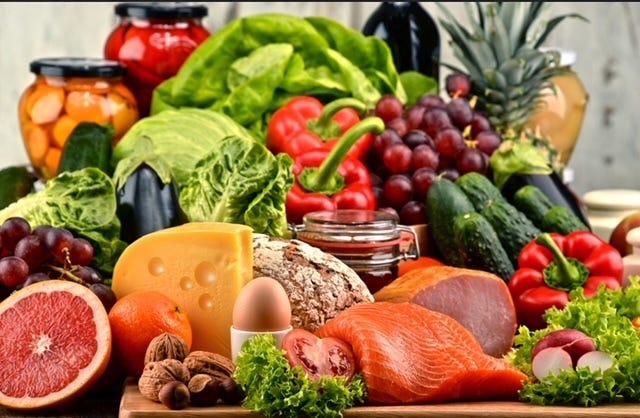Why Tongue Hygiene Matters!
Dentists spend a lot of time discussing the benefits of the proper brushing and flossing of your teeth but are we missing a key component to improving oral health....the tongue? Brushing and flossing are the sponge and rag process when washing your car. But your car never truly feels clean until you vacummed the inside. A similar case could be made for the mouth...you have flossed and brushed your teeth but what about that large organ in the center of your mouth that has the texture of a shag carpet. Unfortunately, tongue hygiene is no frequently discussed by most dentists. This may likely be because the topic feels a little awkward and uncomfortable. So, let's break the ice and get to work understanding why this needs to be part of a healthy hygiene practice.
**I am glad we humans use tissues for the purpose of cleaning our noses 🤪**
The tongue is a muscular organ that has many important functions: it assists in swallowing, it helps you to form words and sounds for speech, it helps in digestion and it allows you to enjoy your food by way of taste sensations. The tongue is also important for maintaining an open airway. The textured surface of the tongue is covered by four different types of bumps that are known as papillae. Your papillae help you to enjoy sweet, salty, savory, bitter and sour foods. The tongue should be a uniform pink color. If not, it could be an indication of an underlying condition (a topic for a future newsletter) or just simply need to be cleaned.
Recent research demonstrates that the tongue has another important function and that is appetite control. Prior to this study, it was thought that our gut was the primary signaling pathway to help our bodies know when we've had enough to eat. But from this new study, we now know that taste sensations from the tongue are critical to regulating how much we consume at each meal. The research was completed at UCSF and it demonstrated that feelings of satiety begin in the mouth, not the intestinal tract.
What would this new discovery have to do with cleaning the tongue? Past studies have demonstrated that regular cleaning of the tongue can improve the ability to taste your food. The better able you are to taste, the more likely you are to respond to signalling pathways helping you to know when to stop eating. A lot more research needs to be done in the area of aptetite control but I found this new discovery fascinating and supportive of an effort to promote proper tongue care. Currently, this discovery is being considered as a way to enhance GLP-1 agonists (Ozempic and Wegovy weight loss drugs). But, my passion for prevention would be to utilize this knowledge to help promote a diet and oral care routine that allows your body to function in a natural way...stop eating when your brain signals to do so.
SIDE NOTE: Please be aware, certain foods actually trigger us to eat more than we need. These foods appear to bypass the normal satiety signals. Always best to focus your diet on organic whole foods and try to avoid processed, packaged foods as much as possible.
Other advantages of tongue hygiene are to help to improve halitosis (bad breath) by reducing the smelly sulfur compounds produced by certain bacteria as they interact with foods from our diets. A clean tongue is also important in the quest for improved oral health by reducing the bacterial load that impact gum disease and tooth decay. There is some research that tongue scraping can also improve digestion.
So, what's the best way to clean your tongue?? If you consider your tongue to be a surface similar to a shag carpet in your living room, using your toothbrush to clean your tongue is akin to using a mop to clean your carpet. Sure, it will move debris around but does it actually remove the dead cells and unwanted material that could be impacting taste, bad breath and tooth decay? Not likely! A better instrument is one Ayurvedic medicine has promoted for centuries, either a metal (not plastic) tongue scraper or a tongue rake.
Begin with the warm salt water swish (at least 60 seconds) as discussed in my last newsletter. The rinse will help to loosen tough debris that has caked to the surface of your tongue.
Stick out your tongue as far as you can comfortably.
Apply pressure to allow the scraper to lay flat against the tongue surface and as far back on your tongue before stimulating the gag reflex. Pull forward in one swipe and rinse debris from your scraper
Repeat step three 7-10 times.
Rinse your mouth again with warm water and clean your scraper.
If you're new to tongue hygiene, it may take a week or two of daily cleaning to return your tongue to its natural pink color. Stick with it!






Who knew? Thanks for posting this!
Very good info!